Understanding and Choosing Effective Ant Poisons: A Guide
Introduction to Ant Poisons
Ants can be more than just a nuisance; they can threaten the comfort of your home and garden, damage structures, and even pose health risks. Effective ant control often involves the use of ant poisons, which are designed to not only kill individual ants but also to impact the entire colony. Understanding the different types of ant poisons available and how they work is essential for selecting the right treatment to tackle your ant problem.
Types of Ant Poisons
There are primarily three types of ant poisons: contact insecticides, ingestible baits, and growth regulators. Each type targets ants in different ways, and their effectiveness varies based on the ant species and the situation.
Contact Insecticides
Contact insecticides kill ants on contact and are typically available as sprays, powders, or granules. They contain active ingredients like permethrin, deltamethrin, or bifenthrin. These poisons are fast-acting, providing immediate relief from ant invasions; however, they may not reach the queen ant, meaning the colony could recover over time.
Ingestible Baits
Baits are a more strategic approach to ant control. They combine a food attractant with a slow-acting poison, allowing foraging ants to carry the bait back to the colony, where it is shared, effectively reaching the queen and other members. Ingredients like borax, fipronil, hydramethylnon, or indoxacarb are commonly used in ant baits. The delayed action of these poisons is crucial in ensuring that the entire colony is affected.
Growth Regulators
Insect growth regulators (IGRs) work by disrupting the development of ants, preventing them from reaching maturity or reproducing. IGRs, such as methoprene or pyriproxyfen, are more of a long-term control solution and are particularly effective against ant species that breed rapidly.
Choosing an Effective Ant Poison
Selecting an effective ant poison depends on several factors, including the type of ant, the size of the infestation, and the location of their nests. Here are some guidelines to help you choose the right ant poison:
Identify the Ant Species
Different ant species may require different treatment strategies. For example, bait stations might work well for sugar ants, while protein-based baits could be more effective for grease ants. Identifying the ant species is a crucial first step in choosing the appropriate ant poison.
Consider the Infestation Scale
A large colony spread throughout your home may require a combination of treatments, like baits and contact insecticides, for comprehensive control. Minor infestations may be managed with baits alone.
Environmental and Safety Concerns
If you have pets or small children, consider using ant poisons that are enclosed in bait stations to minimize the risk of accidental ingestion. Organic and natural options, such as diatomaceous earth or baits with borax, may also be preferable for environmentally-conscious homeowners.
Location of the Infestation
Indoor ant problems may be better served by bait stations to avoid spreading chemicals throughout the living space. Outdoors, granular insecticides or sprays may be used to create a perimeter barrier to prevent ants from entering your home.
Longevity of the Treatment
Consider how long the poison will remain effective. Baits may need to be replaced periodically, while contact insecticides may require reapplication after rain or over time. Growth regulators often provide longer-term control but may take longer to show results.
Conclusion
Ant poisons, when chosen and applied correctly, can be highly effective in managing ant populations around your home. Understanding the specific needs of your situation and being informed about the various types of ant poisons will help you select a treatment that is both safe and successful. Remember to always read and follow label directions carefully, and consider consulting a pest control professional if the infestation persists.
Ant Nest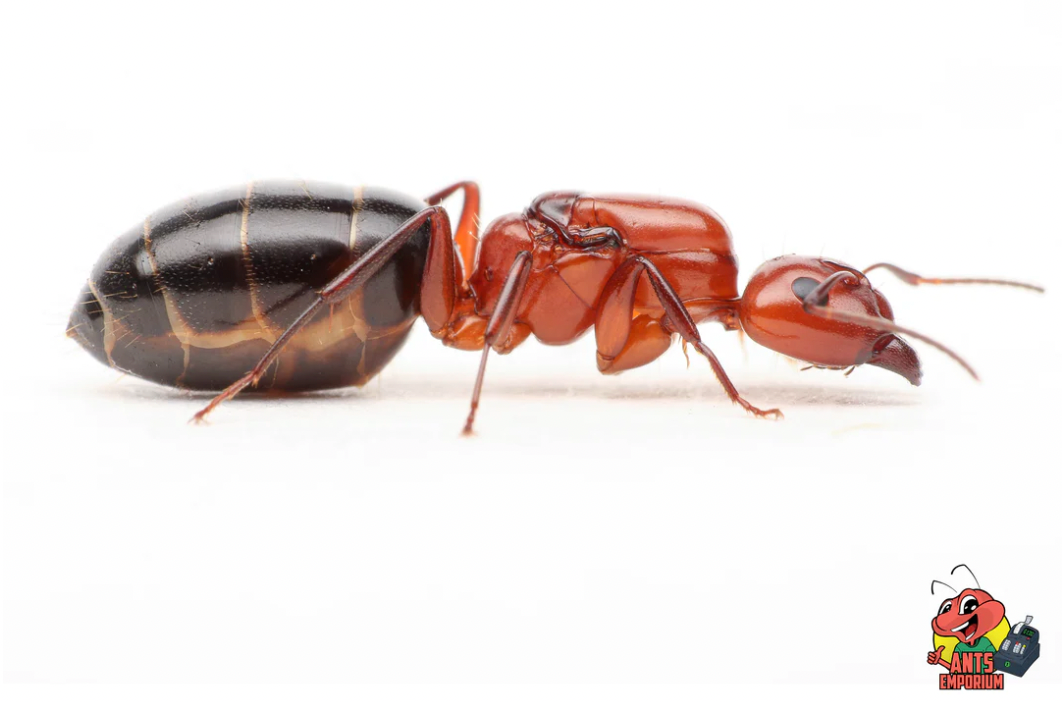
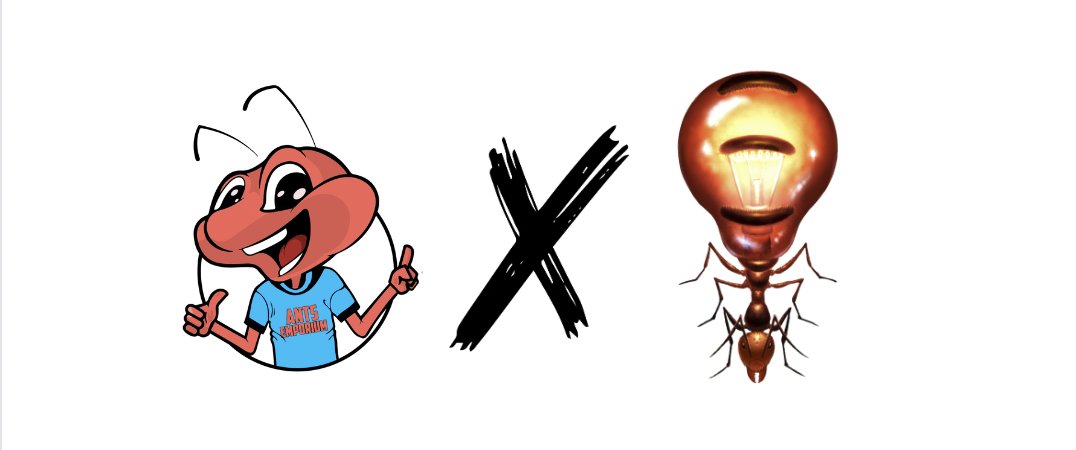
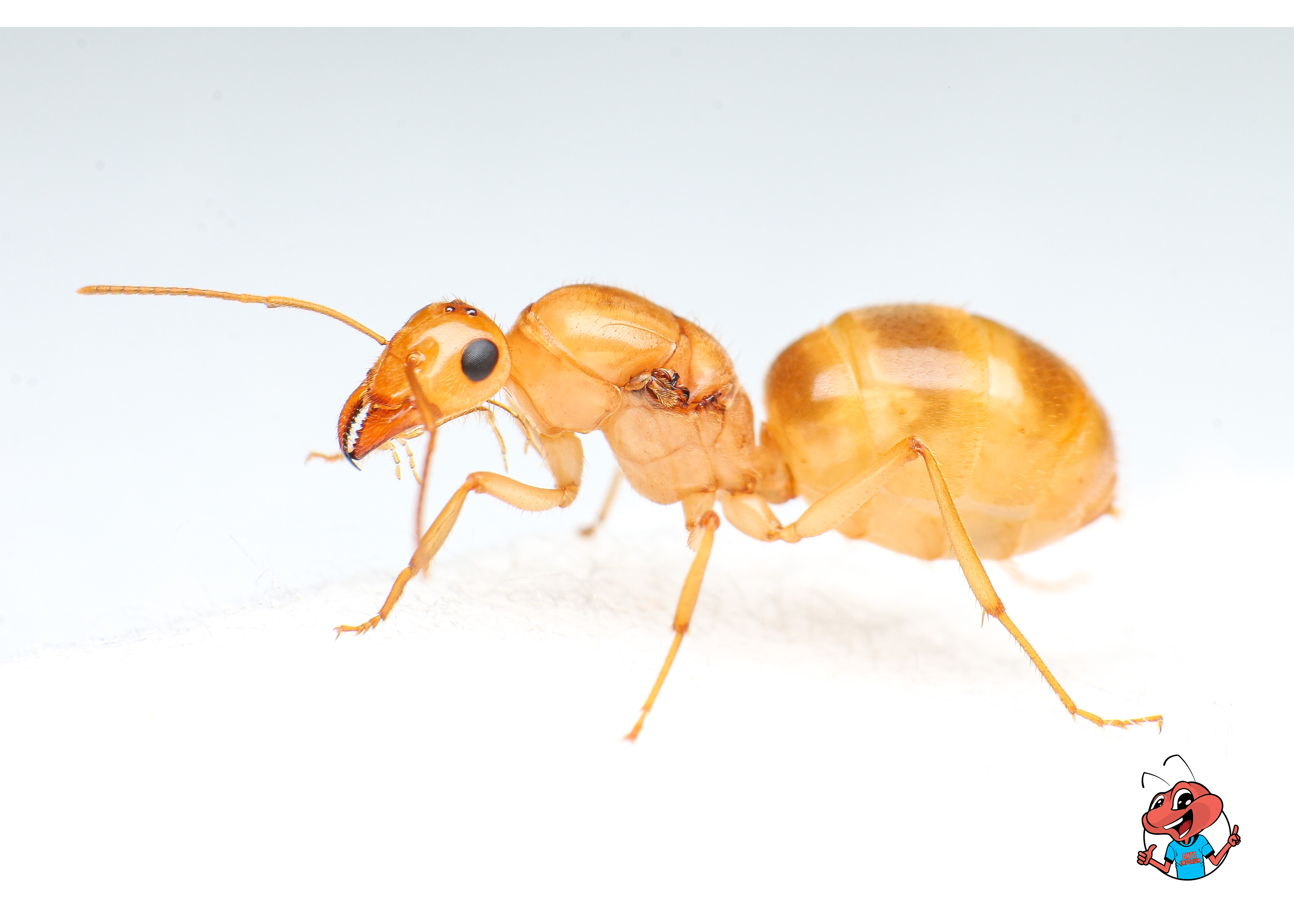
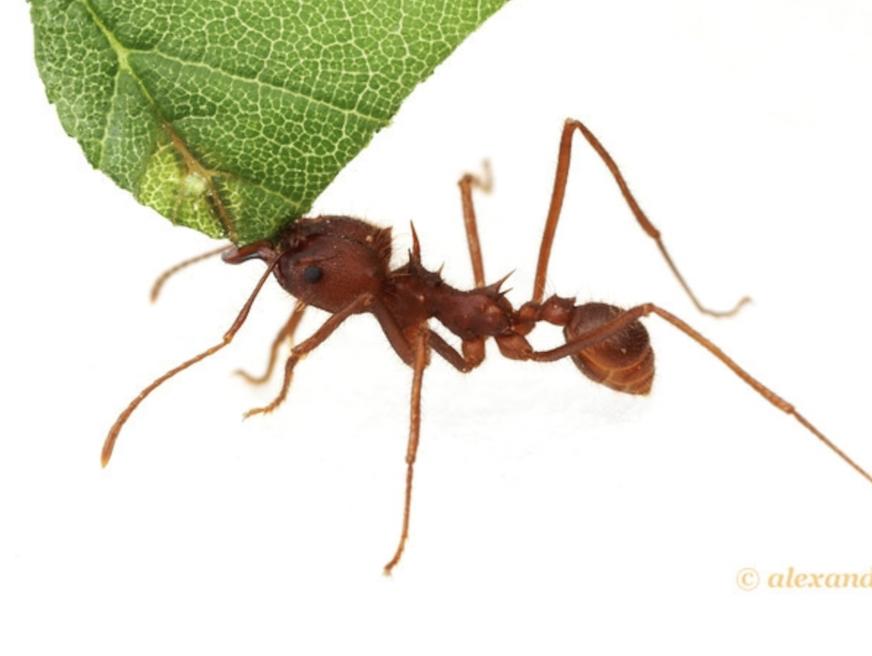
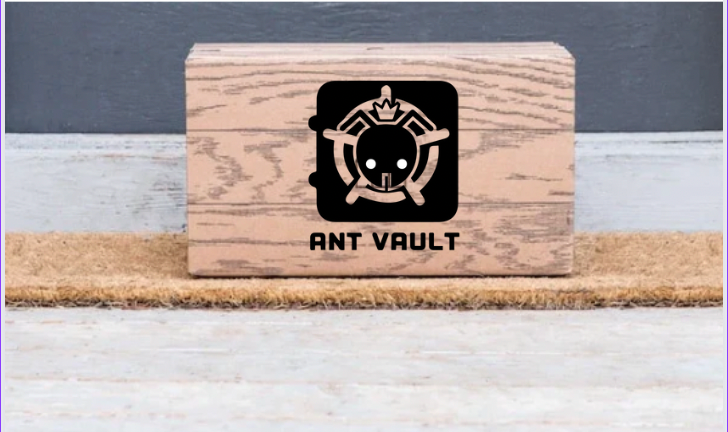


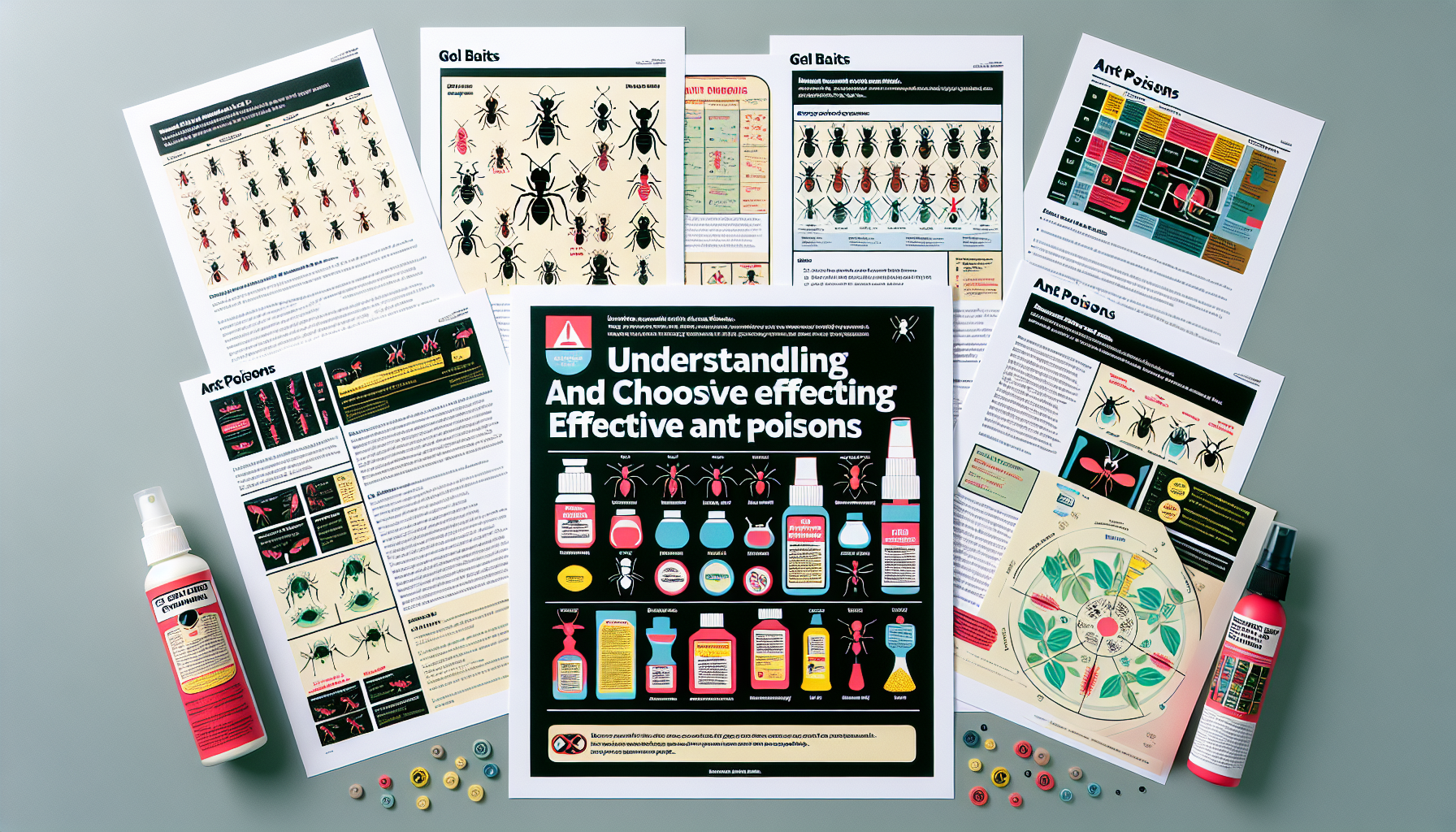
Leave a comment